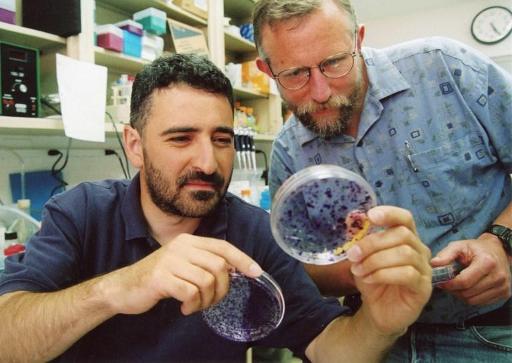Immunity against Covid-19 could last at least six months, thanks to memory cells that keep track of the infection and reactivate immune protection in case of reinfection, according to a study released Monday.
"These results suggest that individuals who have been infected with CoV-2-SARS can potentially develop a rapid and effective (immune) response in the event of re-exposure to the virus," said the journal Nature, which published the study.
Conducted by researchers at Rockefeller University in New York, the study involved 87 people who were infected with the coronavirus, examined just over a month and then again just over six months after infection.
The level of antibodies, produced by the body to defend itself against infection, decreases over time, the analysis shows.
On the other hand, the level of B-cells has remained constant. These cells, which are part of the white blood cells, store the memory of an infection and can trigger the production of antibodies again in the event of a new infection with the same pathogen.
The question of immunity has been the subject of a lot of research and many studies since the start of the Covid-19 pandemic a year ago.
In early January, another US study published in the journal Science concluded that most former patients could be immune until at least eight months after contracting Covid-19, again thanks to the immune memory that other cells contribute to.
The Brussels Times

